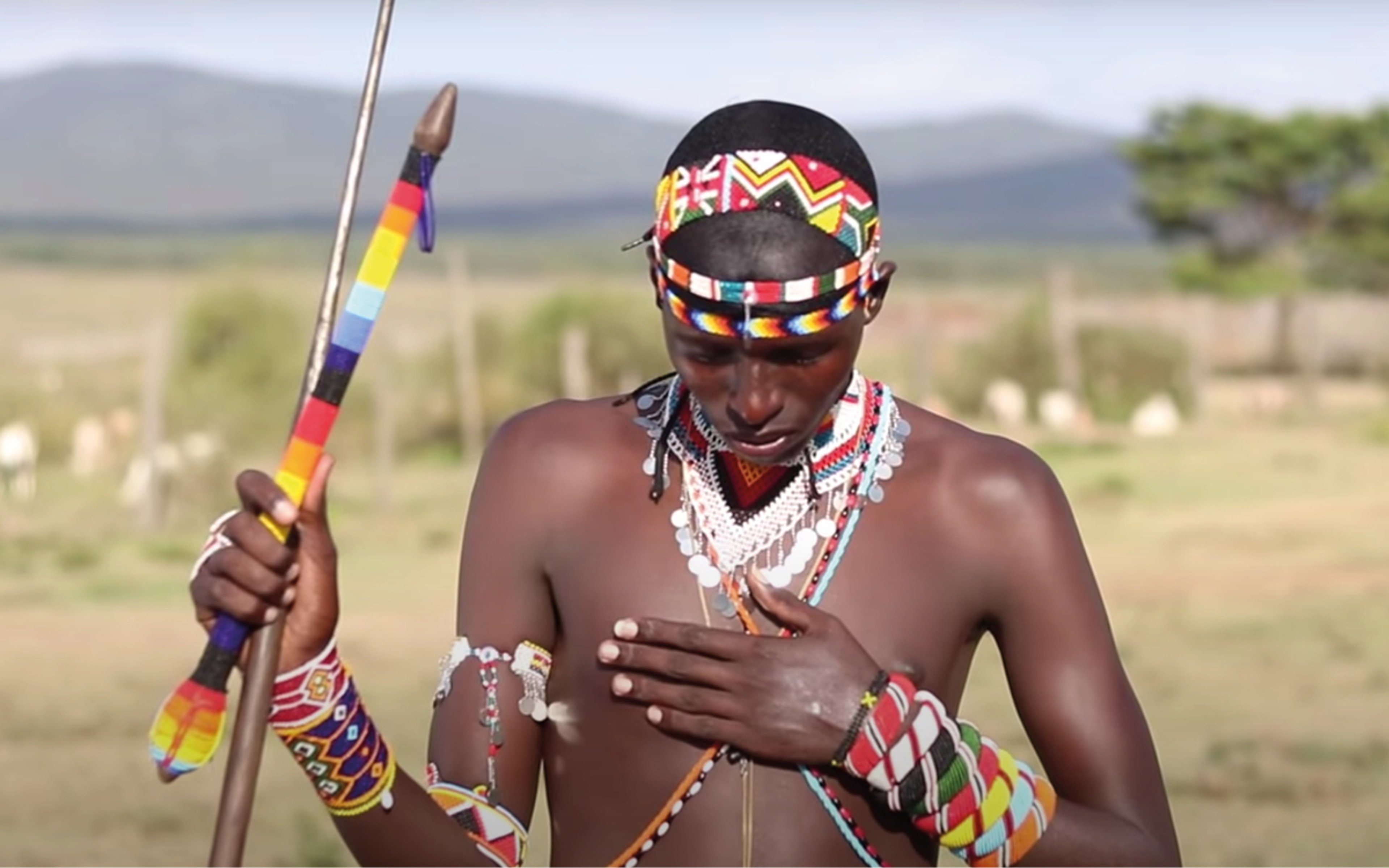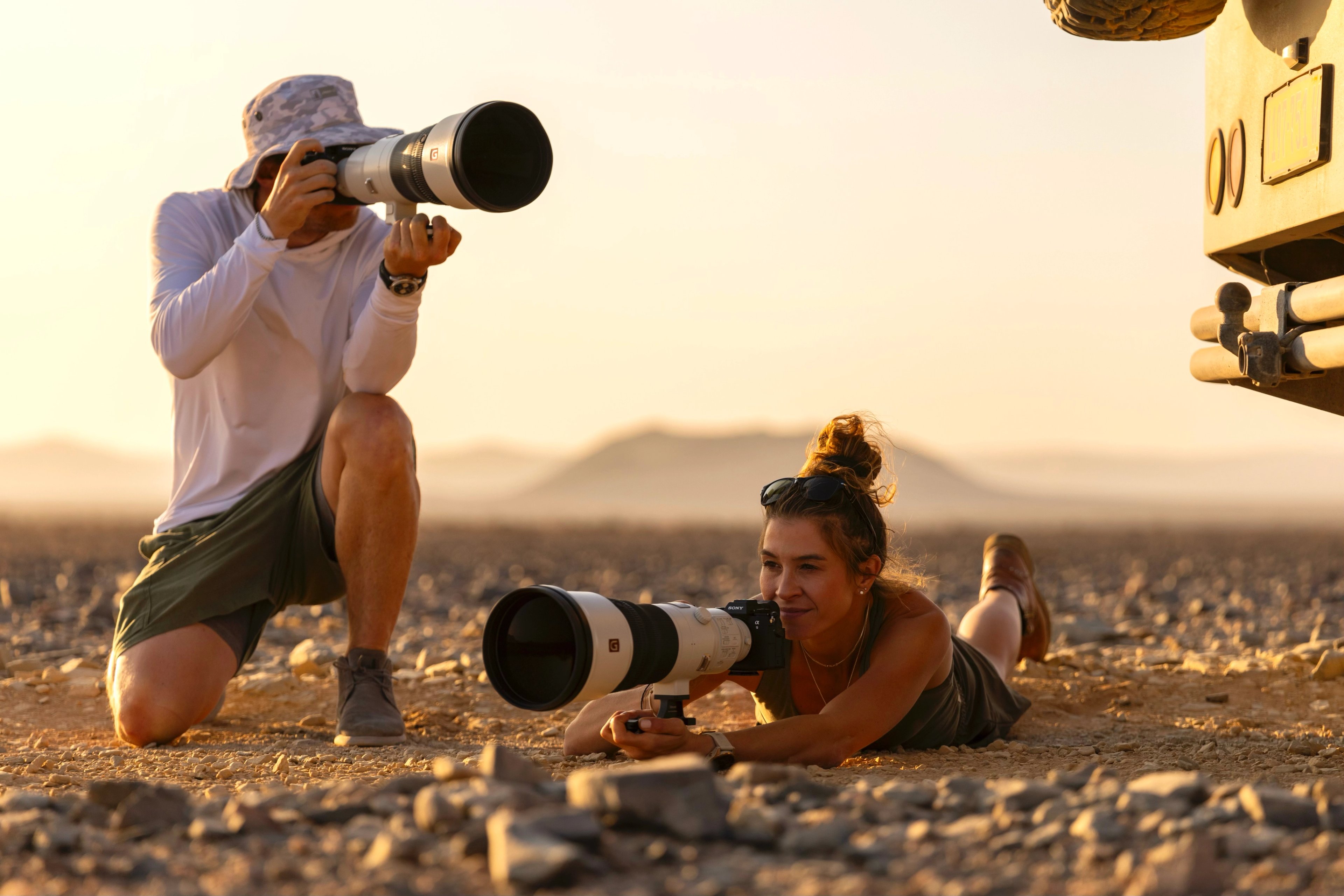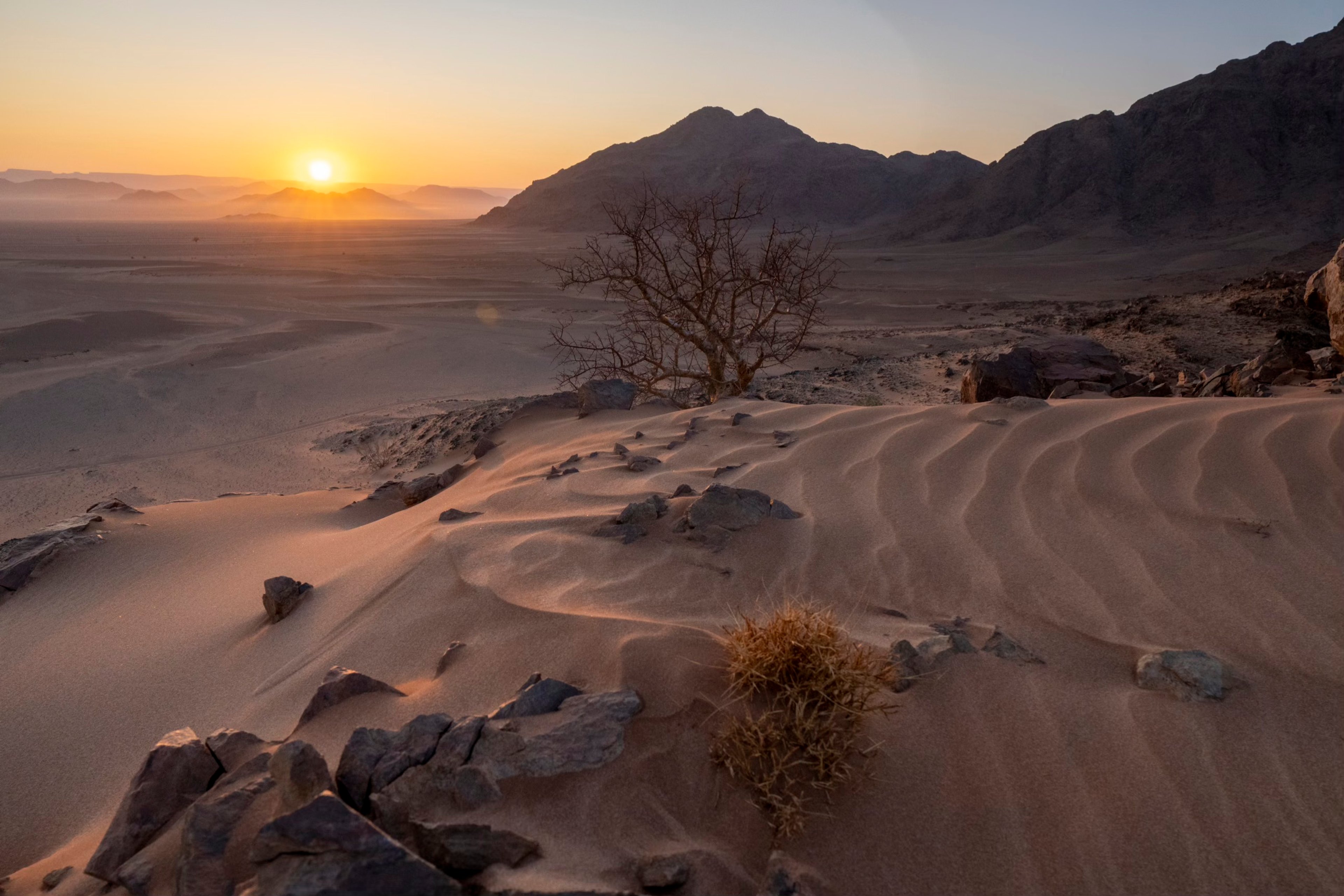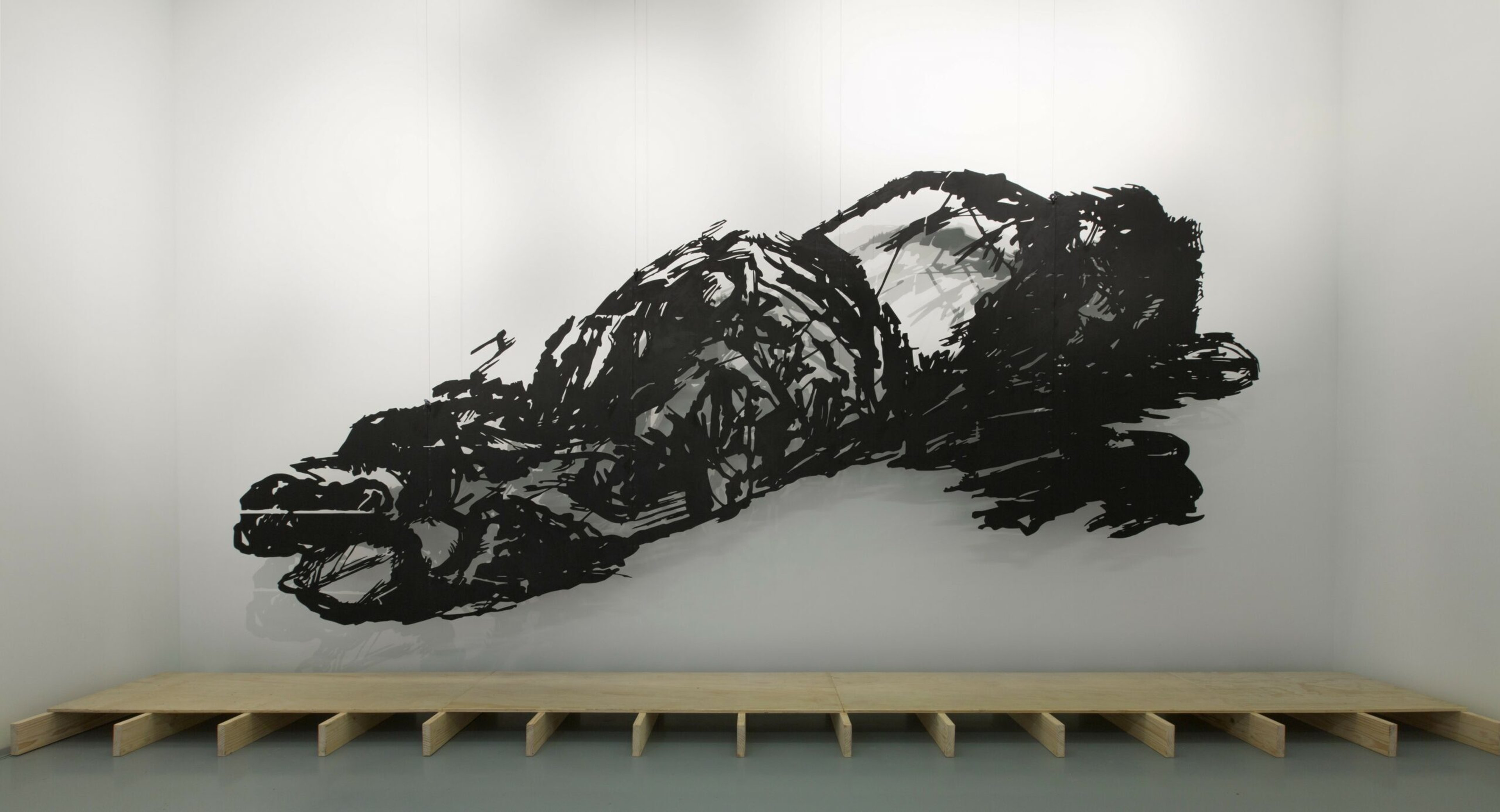Right now, many of us would swap an iPhone in return for the feeling of a simpler time. I think the past two years have made us all realize how we need fewer things to be happy and how those things can really bring us closer to one another.
Childhood games are a universal language – something you’ll find in every city, town and village throughout the world. And while they may differ depending on where you might find yourself playing, they’re all connected by their power to connect.
If Africa were a country…
If Africa were a country, soccer might not be the “national game”. In the running might be a number of games played not on a field or even on a street with a ball, but on a carved wooden board or with small stones or seeds. It might involve players seated on the ground, legs crossed or folded, like upuca (IsiXhosa), which is one of 10 recognized indigenous games of South Africa and Lesotho. Depending on which language you speak or the area you come from, you may also know it as diketo (Setswana).
Further afield it’s called nhodo (Zimbabwe), ondota (Namibia), or mdako (Tanzania), but the game is essentially the same — played using pebbles or marbles. With a circle drawn on the floor between two players and filled with stones, the game calls for a combination of dexterity and speed, as a stone is thrown up into the air, while others are swept into or out of the circle… all before catching the same stone before it falls.
I recently found myself drawn to an Instagram video shared by Lisiwe Qukwana, which shows her and a group of friends in swimming costumes playing upuca at a Camps Bay getaway. Seascape as their backdrop, the caption read, “Upuca in the IsiXhosa language. This is a popular game in Southern Africa. My people, did you play this game growing up and what do you call it in your language?” I was moved as I read the excited responses from followers who were taken back to their own childhoods, filled with nostalgia and proudly celebrating their own cultural identities.
While I played mancala in Mozambique, it would have been isigoro in Rwanda and omweso in Uganda or nsolo in Zambia. And while the rules or tools may differ slightly, the essence of these games transcends borders, binding us in our need to connect, no matter the context or heritage.
Celebrating Africa’s heritage
It was during the Indigenous Games Day organized at South Africa’s Wits University in 2019 by fine arts graduate Nompumelelo Sambo that Motlhoki Nono, a 23-year-old cultural practitioner was reminded of the importance of bonding through compromise and teamwork. “A game can only begin once all players agree collectively. That negotiation helps people to engage, bridge their differences and connect.”
This is a beautiful and novel sentiment shared by Nompumelelo who, apart from wanting to preserve the games that hold important traditional knowledge as part of South Africa’s rich heritage, sees them as learning tools. “The moment we start sharing information about different things with each other, that’s when we learn to relate to one another,” she says.
Our games, our roots, our future
Play arises out of curiosity and curiosity is a large part of why we travel. It drives our desire to engage with different people and create new bonds; it forms part of our yearning to learn new ways of doing the same thing. It’s why we find just as much joy in exploring our differences as we do in celebrating what unites us. I was intrigued to learn that The Department of Sport, Arts and Culture in South Africa has hosted annual Indigenous Games Festivals every September, the country’s heritage month, since 2005 (interrupted only by the Covid-19 pandemic). The mantra “My games, My roots, My future,” recognizes how the initiative can drive social cohesion and help people to understand the rich history of indigenous games, as well as the way in which they inform our interactions with culture. Maybe in time we’ll be able to hold a Pan-African Games Festival. I picture myself at my next travel destination… sitting in a café with a local who lays out the intimate details of their country or region as they teach me to play their favourite indigenous game. It’s from this shared act that we might find that we all have more than just a coffee ritual in common.
Written by Zanele Kumalo, a South African journalist, with a particular interest in women's empowerment and the arts.




